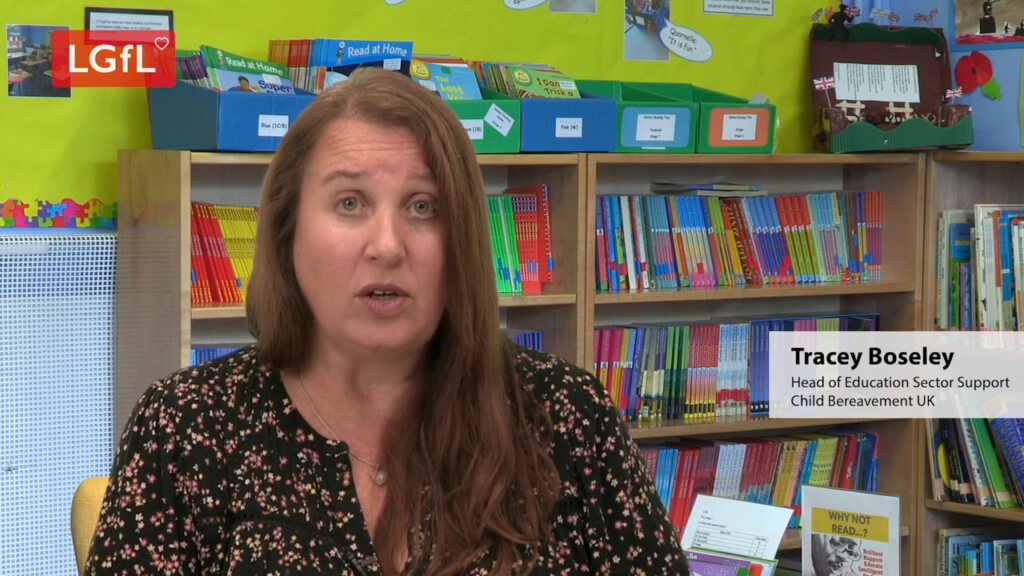Beliefs, rituals and new experiences
"A pupil can make more sense of their belief system if they understand a bit more about what has happened when somebody dies."
As a school, you may need to help a pupil make sense of their family’s beliefs about death as the young person may find these abstract and difficult to understand. A simple biological explanation of death can help to bridge the gap in their understanding of a person being alive, their death and their belief about what happens afterwards.
In addition to their beliefs, every family has its own unique culture. The best way to be supportive is to ask about these beliefs to understand what the young person has been told about the death, what rituals they have or will become involved with, and how familiar some of these might be. For example, if they attend a funeral in their usual place of worship the building may be very familiar, but the atmosphere and experience may differ from what they may be expecting. It may help to prepare them for these unfamiliar events or rituals using pictures, social stories, film clips and/or other resources.
Having honest conversations about death with a pupil may include saying that we do not know an answer to a question, but by finding out what they believe, or what they think, it can help to establish any specific worries or misconceptions.
Further links:
Cognitive ability
"Death is permanent and irreversible."
All children need a clear explanation of death and grief, and this is even more important for pupils with additional needs. Euphemisms and vague references can cause confusion and added anxiety.
The key things children need to know are:
- Death is part of the life cycle – all living things die.
- The heart stops beating, the person stops breathing and their brain stops working.
- Being dead is not the same as being asleep.
- Dead people cannot feel hungry or thirsty, hot or cold, and they do not feel pain.
- Dead people cannot come back however much we want them to.
Conversations and questions about religious beliefs may form part of this conversation and it helps to know the beliefs of the family, and what the pupil has been told. Be aware that the pupil’s beliefs may not align with the family’s, or that they may have their own opinions. Allowing them to express these thoughts can help them to make sense of what has happened.


